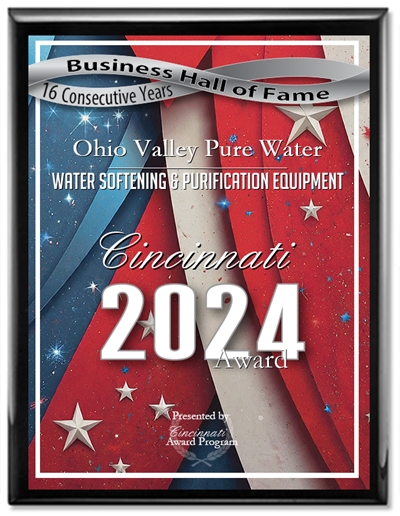News
When Should You Replace the Resin Beads in Your Water Softener?
When water is hard, this essentially means that it has a lot of dissolved hardness minerals like magnesium and calcium ions. These are precipitated out of the water as scale, which can end up in severe clogging of the pipes. Hard water also makes it difficult for soap to lather, whether in the sink, dishwasher, shower, or washing machine. In this situation, the water will react with soap to create a sticky substance rather than simply being able to lather and clean as it is supposed to do. For this reason, it can very much help to have a water softener. A water softener functions by replacing the magnesium and calcium ions with sodium ions. The ion exchange process in water softeners replaces hardness minerals with sodium ions.
However, water softeners do not work indefinitely without maintenance. If your water softener stops putting out soft water, or if it ends up running out of soft water quickly, you likely have a damaged bed of resin beads. Regular maintenance, such as checking the salt level, is crucial for the water softener system’s efficiency. Resin beads in water softeners typically last about 10 to 15 years. However, they can be damaged by the excessive amounts of chlorine that are found in city water or iron in well water. A tune-up can help maintain the resin bed and overall water quality.
You can tell if your resin bed has stopped functioning by checking to see if the salt is being used by your water softener at the normal rate. If it is being used at the normal rate and you still have a lack of soft water, it is probably the case that the resin bed has become damaged by chlorine or saturated with deposits of iron and can no longer be appropriately regenerated with brine. Ineffective resin beads may require more salt to achieve the same level of softened water. If a very low amount of salt, or no salt at all, it is most likely that you have a bad valve head, meaning that is a bit of resin is not getting recharged with brine water at all. The water softener system should be checked if there are changes in the home’s water quality.
Essentially, you need to consider changing the resin beads when you no longer have an adequate supply of soft water. The water passes through the resin bed, where ion exchange occurs, capturing hardness minerals. You should make sure to know how your water softener works, so that you can know just how to check and inspect it when necessary. The water supply’s quality can affect the resin bed’s longevity.
The resin bed’s condition can impact the overall water quality, including drinking water. Regular tune-ups can help prevent issues with the resin bed and maintain the water softener system’s performance. For more information on home water systems, contact today.
The water softener system should be monitored for changes in tap water quality, such as odor or taste. Softened water is essential for preventing scale buildup and maintaining appliance efficiency.
For more information on home water systems, contact Ohio Valley Pure Water today.



